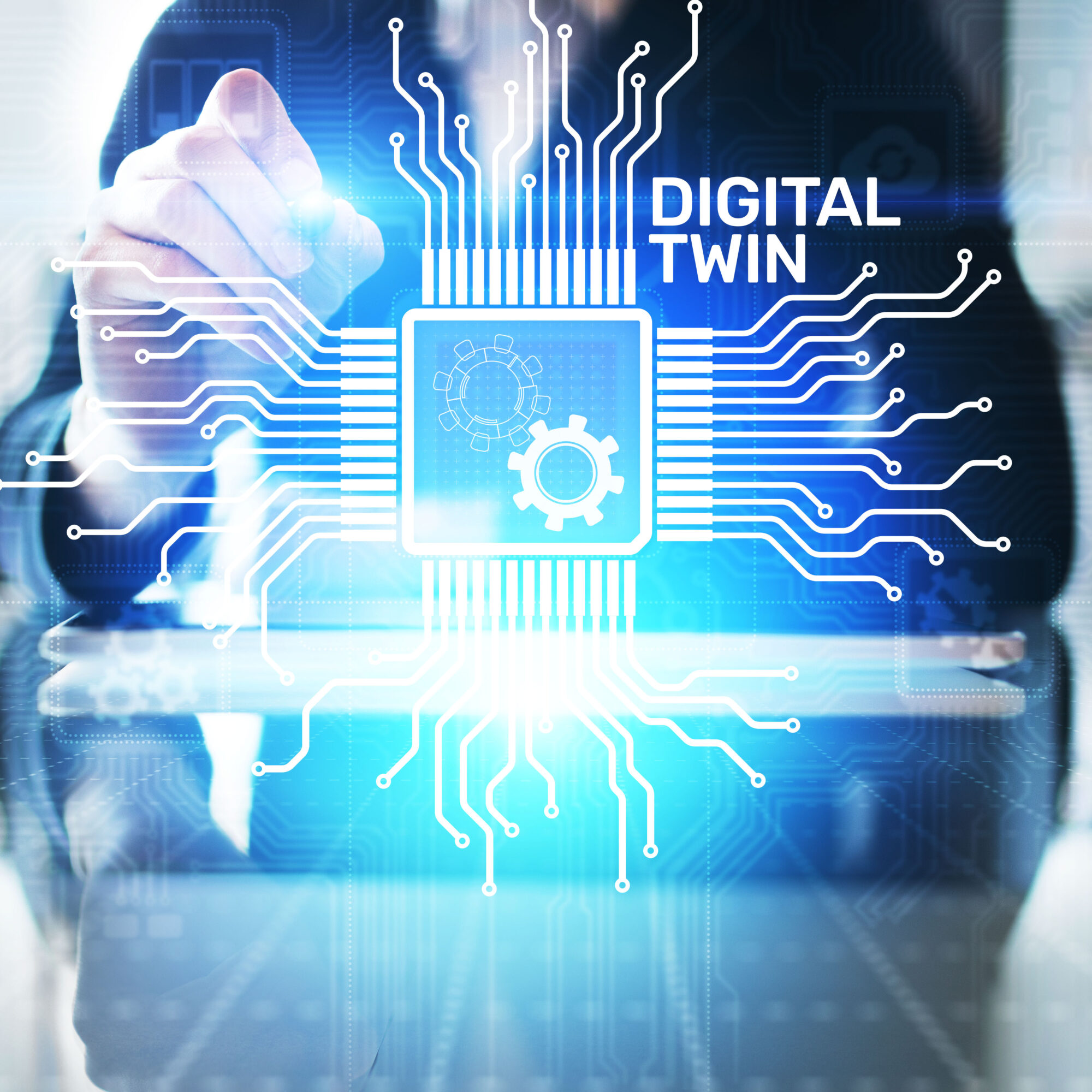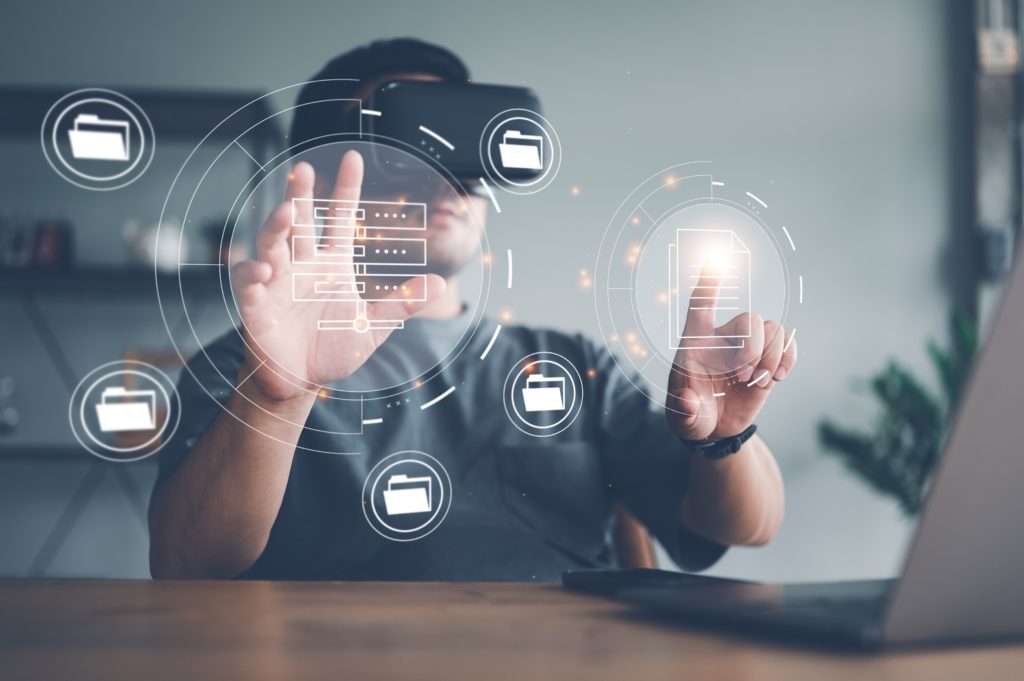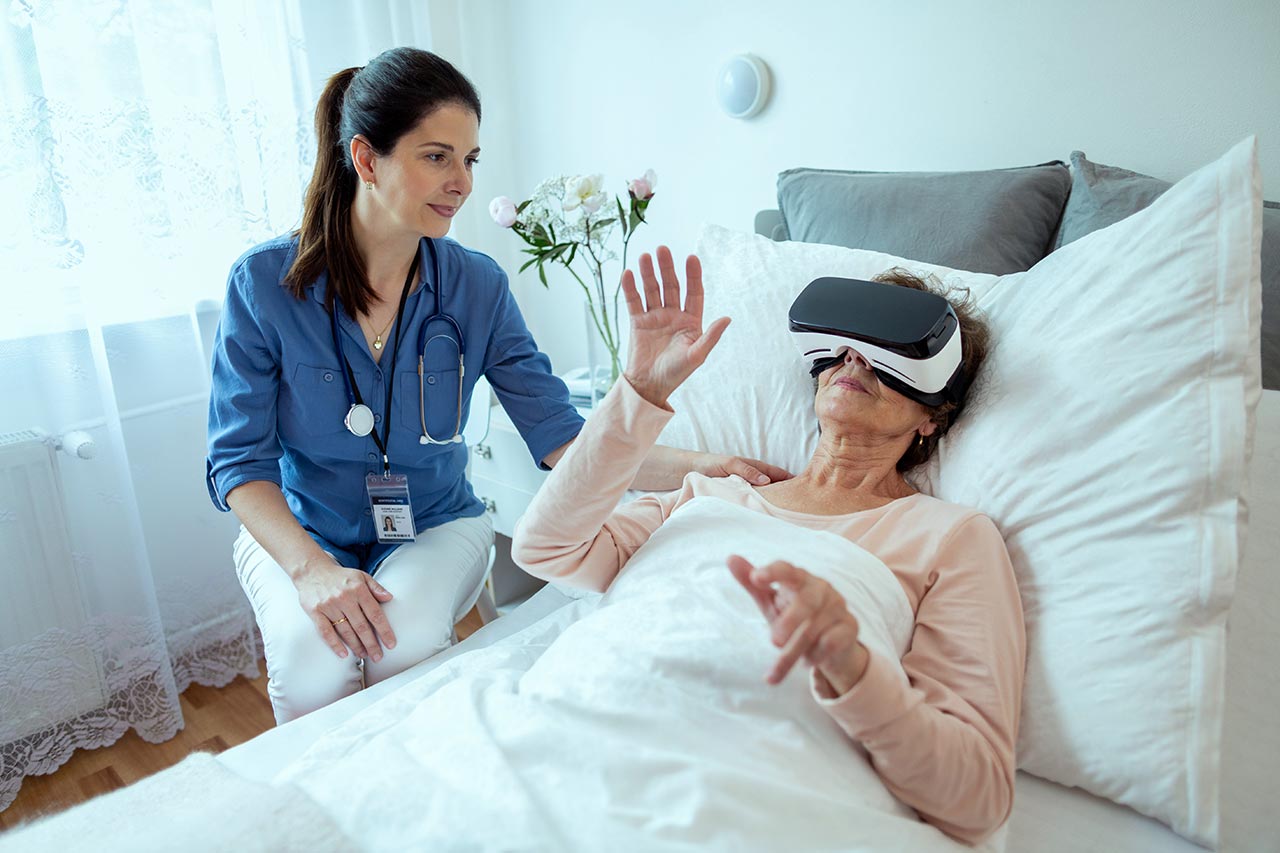
Digital twins
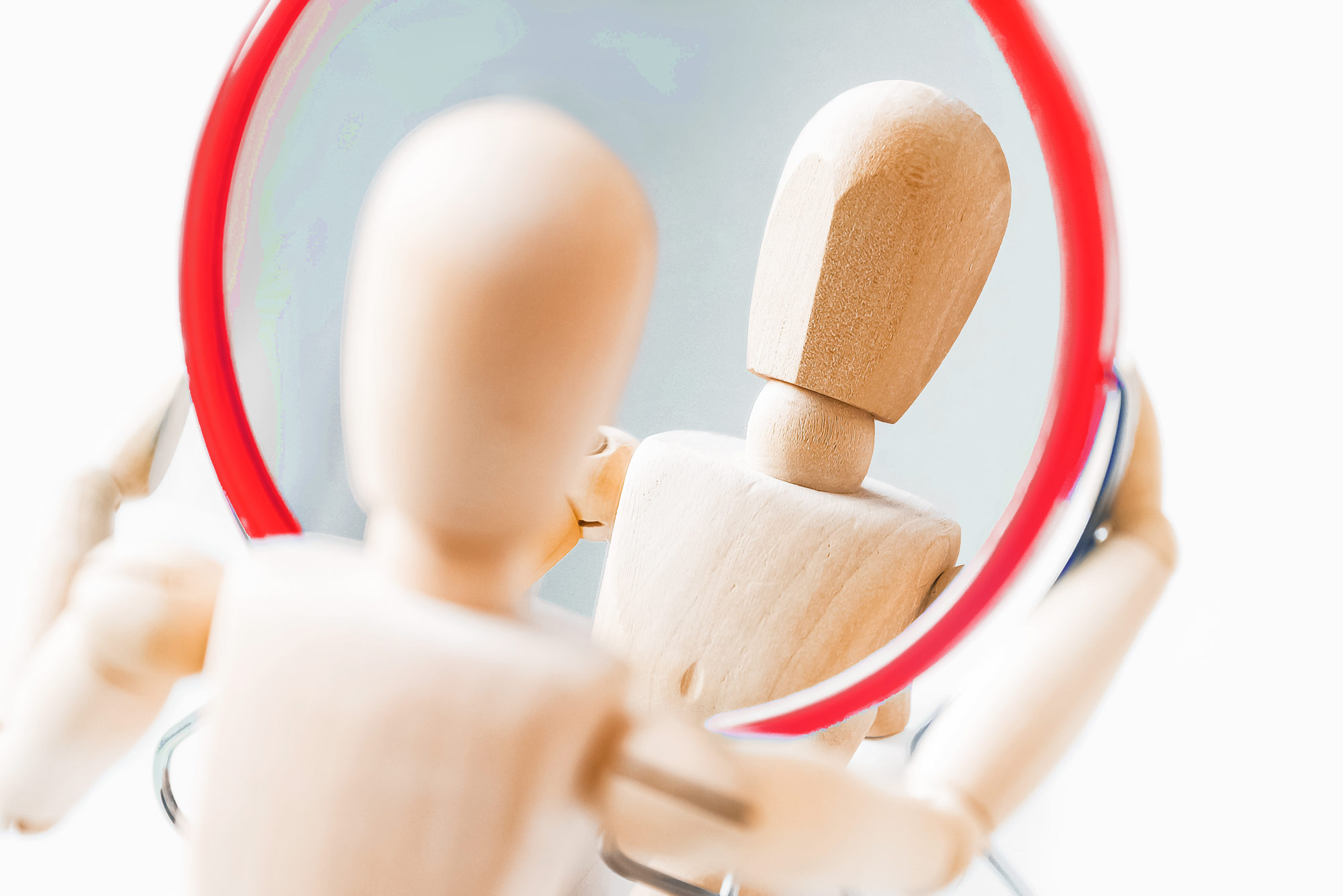
Explore the market potential of the digital twin in healthcare
Alcimed’s Healthcare team has been exploring the role of digital technology in healthcare for more than 25 years, with digital twins recently becoming a hot topic. With its strong expertise in the field, Alcimed supports its clients in their innovation projects, understanding the digital twin industry and market as well as potential use cases in the healthcare field.
They trust us


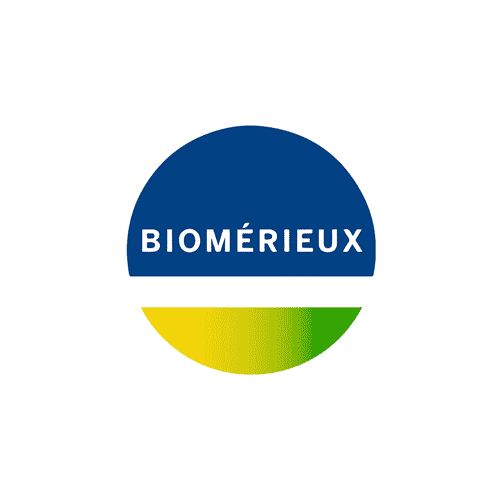


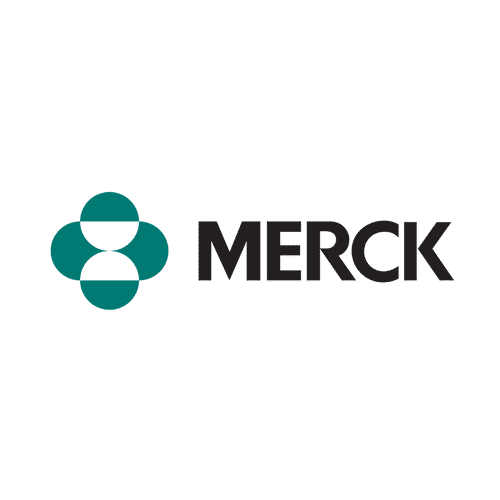

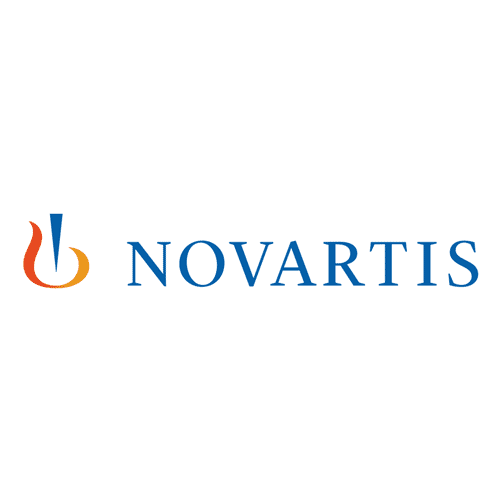

The challenges related to digital twins in healthcare
The most advanced digital twin applications within the healthcare field today are being developed in cardiology with industry players like Siemens Healthineers, Dassault Systèmes, Philips or HeartFlow. These companies are developing digital twin models of the heart representing, for example, the electrical behavior of the organ for the setup of a pacemaker, the chemical aspect of the heart for drug development, or the mechanical response for surgery virtual simulation.
Although the possibility to create digital twin models for applications in healthcare already exists today, the technology is not widely adopted yet as companies and institutions face several challenges to start testing and applying this digital twin technology to specific healthcare problems. Some of the challenges in implementing the twin technology include:
Even though the use of digital twins in healthcare is increasing, the twin technology remains expensive to be widely adopted in the clinical routine.
How will the cost to implement digital twin technology in healthcare practices evolve in the upcoming years? How to develop partnerships so that the digital twin technology becomes accessible for an innovative healthcare player? What are the possible business models for twin technologies?
The biomedical data that is aggregated to feed the artificial intelligence system in digital twins originates from different private companies without a standardized procedure for data collection. Due to this heterogeneity, combining data from the distinct sources is problematic and often leads to data with poor quality, hindering the analysis and representation of such data.
Are digital twin models reliable for diagnosis and treatment processes in healthcare if the data originates from different sources in a non-standardized manner? How could the processes of data collection be standardized so that data can more reliably be used for artificial intelligence applications?
The applications of digital twins and artificial intelligence in general require gathering an increasing amount of individual level data by healthcare organizations and insurance companies. There are several concerns about the collection of such detailed data enabling health organizations to portray the biological, genetic, physical and lifestyle-related information of an individual, as such personalized data could be used to benefit a company’s interest instead of the individuals.
What happens to the data that is collected from the patients? Where and how is the data stored? How can we ensure that data will not be used with a commercial intent rather than to benefit the individuals from whom data is collected? Could an insurance company differentiate individuals based on their lifestyle choices or genetics?
Human beings are complex entities and difficult to represent in the cyber space, requiring large efforts in the collection of big data, data analysis, data fusion and modeling. In addition, humans have the characteristics of heredity and can also be affected by the surrounding environment, attributes that need to be integrated in the development of digital twins as well. Due to this high level of complexity, digital models today are not capable of capturing the complete nature of a patient.
Will a virtual model ever be able to fully represent the complexity of the human being? How is the digital twin industry and market projected to evolve?
How we support you in your projects related to digital twins in healthcare
For more than 25 years, Alcimed has been supporting its clients on a variety of projects related to digitalization and artificial intelligence, including exploring digital twin applications in the healthcare field. Indeed, we have carried out multiple projects in this field for different actors such as international biopharmaceutical and pharmaceutical companies (e.g. Boehringer Ingelheim) and MedTech companies (e.g. Siemens Healthineers).
The diversity of our clients combined with the geographical fields we explore and the types of projects we carry out gives us a global and in-depth understanding of the issues addressed in the field of digital twins.
Our projects cover topics as diverse as evaluating market opportunities, understanding disease management and patient care pathways, regulatory developments, assessing potential competitors or partnership opportunities, new technologies and applications for digital twin technologies in healthcare, among others listed below.
Examples of recent projects carried out for our clients in digital twins
Support of an industry player in the identification of good practices and key success factors for the development of digital twins
One of our clients aimed to identify good practices and key success factors for the implementation of digital twins and understanding the key features required for these models. To do this, our team identified and selected companies currently using digital twins and prioritized the companies based on the interest for our client. Through interviews with the targeted companies and desk research, Alcimed identified good practices and success factors which were then conveyed to the client in the format of two workshops.
This study enabled our client to get a clear vision of how digital twins are being used by potential competitors as well as to understand what clients’ expectations and needs are concerning the digital twin technology.
Support for a major player in the pharmaceutical industry in landscaping in-silico players with applications in digitalizing pharma R&D
Alcimed supported a player in the pharmaceutical industry in exploring the field of in-silico and its applications in pharma digitalization with the goal of identifying partners and players to help digitalize our client’s R&D. This included machine learning, artificial intelligence, digital twins, simulations, mathematical models, among other digital solutions to accelerate research by saving time and costs.
Alcimed identified key trends in pharma digitalization and several companies to potentially partner with our client via desk research and interviews with KOLs, and then deep-dived into the capabilities of prioritized companies by interviewing key stakeholders within these organizations.
Our analysis enabled our client to get a clear vision on potential partners and the way to digitalize its Research & Development.
Studying the potential of a novel Internet of Things (IoT) healthcare platform for a MedTech player by creating value and a new business model via a digital twin
Alcimed supported a MedTech industry player in setting up a healthcare technology platform to enable the creation of a digital twin by connecting all industrial systems and provide a broad portfolio of digital services based on the Internet of Things (IoT).
The knowledge gathered by our team in this project provided our client with an in-depth understanding about the key needs and wishes of the platform end-users and enabled to identify different potential applications of the platform within the healthcare sector.
Supporting a leading healthcare player in the benchmarking of digital twin technologies across different industries
We supported a major player in the healthcare industry in the evaluation of the potential of digital twins technologies to develop innovative ways to improve the quality and safety of its products. To do so, we identified what types of digital twin technologies exist, how other industries with similar challenges are using them, for what purpose, and the steps required to develop and implement digital twins for the enterprise ecosystem.
This analysis validated the added value that digital twin technologies can bring to the healthcare sector and to our client, and helped define their co-development partnerships, supported by a development roadmap.
Creation of a digital twin of France to answer complex medical questions for a player in the pharmaceutical industry
In a context of opportunities arising from the growing availability of large datasets, a major global pharmaceutical group wanted to create a digital representation of France that could help resolve complex medical issues, such as better prediction of the location of allergic exacerbations.
To meet this need, we built a digital platform by unifying sets of French socio-economic and exposome data, as well as an interface enabling them to be viewed and facilitating their analysis. Specific medical data for the desired medical use cases were added to enable cross-analysis.
In the end, our work enabled the development of a pilot based on a simple and specific use case, which was presented within the organisation and generated new potential use cases.
You have a project?
To go further
Healthcare
Human digital twins for personalized medicine: a new promising technology?
Overview of the concept, usages, and limits of the Digital Twin technology and the new concept of Human Digital Twins.
Aeronautics - Space - Defence
The metaverse: the challenges of this new virtual world
The metaverse pushes the user experience further than immersive video games, notably in three aspects described here by our Alcimed's Aeronautics-Space-Defense team.
Healthcare
3 myths about Digital Therapeutics (DTx) and the implications for pharma companies
The forecasted Digital therapeutics (DTx) global market annual growth for the upcoming years gravitates around 20%. This fast development triggers questions concerning the place of DTx in the ...
Founded in 1993, Alcimed is an innovation and new business consulting firm, specializing in innovation driven sectors: life sciences (healthcare, biotech, agrifood), energy, environment, mobility, chemicals, materials, cosmetics, aeronautics, space and defence.
Our purpose? Helping both private and public decision-makers explore and develop their uncharted territories: new technologies, new offers, new geographies, possible futures, and new ways to innovate.
Located across eight offices around the world (France, Europe, Singapore and the United States), our team is made up of 220 highly-qualified, multicultural and passionate explorers, with a blended science/technology and business culture.
Our dream? To build a team of 1,000 explorers, to design tomorrow’s world hand in hand with our clients.
A digital twin is a real-time digital replica of a physical object or process that incorporates all accessible data and updates as new data becomes available. Researchers use digital twins to safely and economically test scenarios before trying them in real-life situations or environments.
Nowadays, the use of digital twins is already commonplace in engineering and manufacturing, but scientists are now looking to apply the same principles to the healthcare field. The digital twin technology has multiple applications in health care, including:
- Diagnosis and treatment decision support
- Patient monitoring (wearables)
- Surgery virtual simulation and risk assessment
- Medical device design and optimization
- Drug development and dosage optimization (in silico clinical trials)
- Regulatory decision-making
In a nutshell, digital twins provide researchers with the information needed to detect disease patterns, simulate the effects of treatments and identify the most promising paths for further research among real life individuals. The digital twin technology may also lead to cost reduction in healthcare by reducing the time-to-market and cost-to-market values of specific drugs and thereby increasing investment opportunities and driving the price of medicine production down. Cost can further be reduced by shorter treatment periods and error avoidance in both diagnosis and treatment, as well as by speeding up processes that in vivo would require more human intervention and raw materials. Besides, some companies stated that the cost for clinical trials may soon outpace revenue, which will accelerate the shift towards other relevant and reliable data sources for demonstrating the safety and effectiveness of a particular medical device or pharmaceutical product. Despite these advantages, digital twin models today still do not capture the complete nature of a patient and face several challenges.
The global market for digital twins in healthcare was estimated at USD 1.1 billion in 2023 and is projected to reach approximately USD 10 billion by 2028, growing at a CAGR of 43.3% over this period.
Indeed, the increasing adoption of new technologies in the healthcare sector, as well as the positive appreciation of digital twins by healthcare professionals, are expected to drive market growth. However, challenges relating to the security and confidentiality of healthcare data are likely to limit its expansion.
